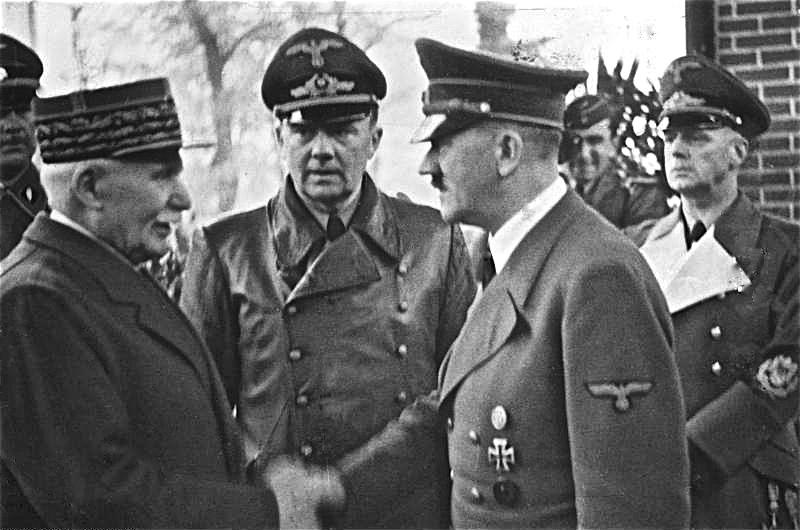Commentary
Winston Churchill once observed that nations which go down fighting have the capacity to be reborn. Those that surrender tamely, he thought, might never rise again to their former glory.

Winston Churchill once observed that nations which go down fighting have the capacity to be reborn. Those that surrender tamely, he thought, might never rise again to their former glory.